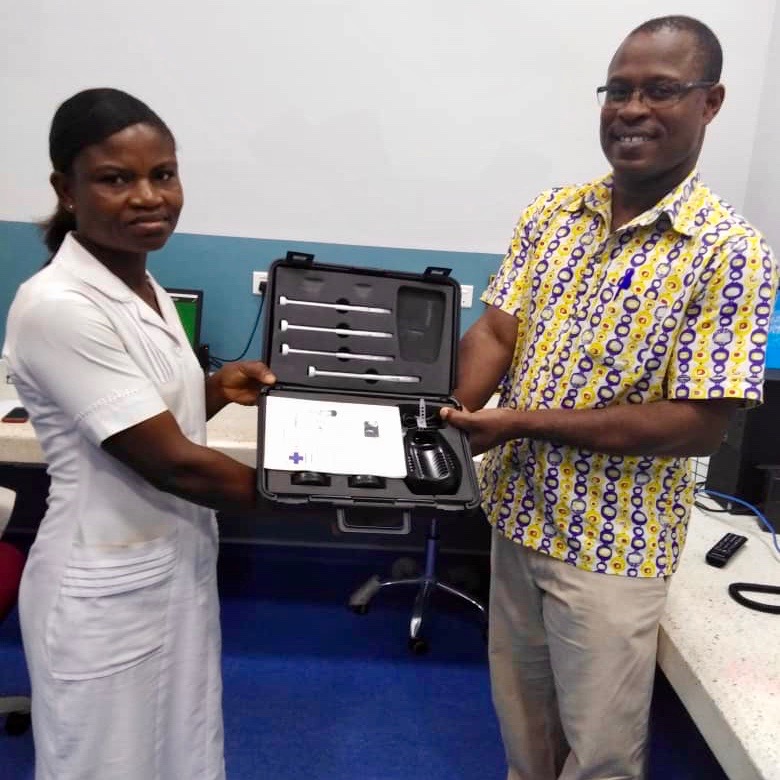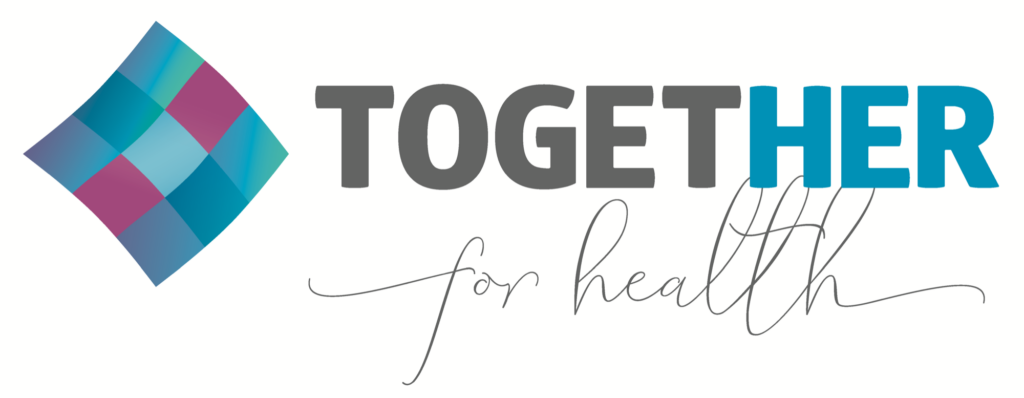Lifeline to Ghanaian Women at Risk for Cervical Cancer
1 April 2019 – There is great hope for the eventual elimination of cervical cancer, because it is a preventable disease. But due to low access to prevention tools, cervical cancer still currently causes around 311,000 annual deaths globally. The overwhelming majority of these deaths are in low- and middle-income countries like Ghana, where an estimated 2,119 women died from cervical cancer in 2018.[i]
Screening women for cervical cancer and treating any precancerous lesions that are discovered – a procedure called screen-and-treat – is one of the prevention tools that are not accessible to all women in Ghana and elsewhere. One obstacle is the gas required for a common and effective precancer treatment method, cryotherapy. In low-resource settings, it can be difficult to ensure an uninterrupted supply of gas, and the canisters are very heavy, so they are hard to transport. Purchasing the gas is expensive, adding to the cost of treatment, and the machines break down frequently.

Nurse Comfort Asoogo displays her clinic’s new thermal coagulation machine with Dr. Edward Dassah, who would train her team on using the device.
That was the experience of Comfort Asoogo, a nurse who runs the Mctoone Cancer Care Foundation in Kumasi, Ghana. Comfort conducts screening for women around Kumasi, and has been struggling to provide cryotherapy treatment. She was interested in an alternative to cryotherapy called thermal coagulation. Medical providers can use thermal coagulation machines to treat precancerous lesions with heat, rather than freezing them. The thermal coagulation machines require no gas, run on batteries, are easily moved and manipulated, cost less than cryotherapy and provide effective treatment in under one minute. These new devices hold the potential to treat cervical pre-cancer – and prevent cancer – for millions of women.
TogetHER for Health learned about Comfort’s situation from a partner at the World Health Organization, and reached out to Comfort to explore whether we could help her meet her patients’ needs. Thanks to support from our members and donors, we were able to procure a new thermal coagulator from Cure Medical for her clinic. TogetHER is also making sure that Comfort’s team members receive training from the University of Ghana on how to use the device.
TogetHER stands ready to support health care providers to offer cervical cancer prevention services in low-resource settings. To help us achieve this lifesaving mission, please consider making a donation: https://secure.givelively.org/donate/panorama-global/together
Byline: Jennie Aylward
[i]Globocan 2018: http://gco.iarc.fr/today/data/factsheets/populations/288-ghana-fact-sheets.pdf
